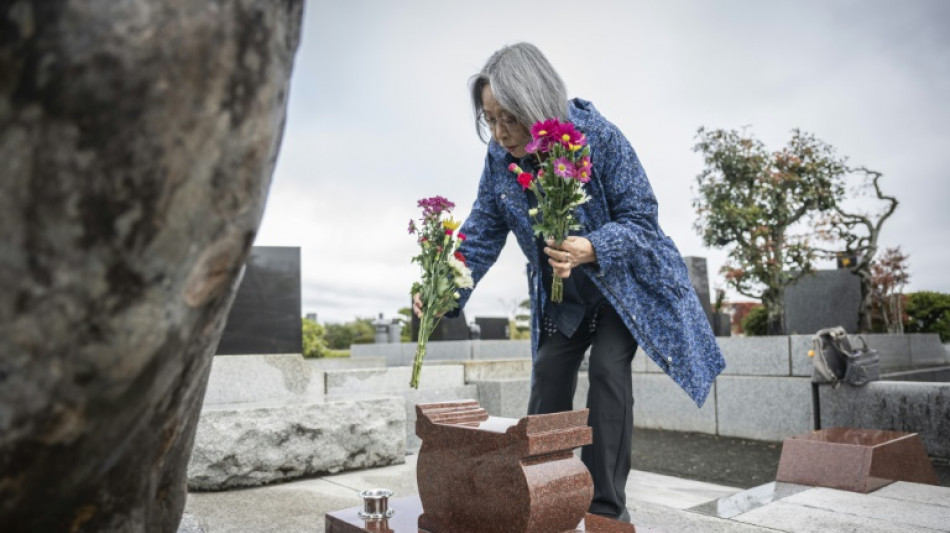
-
 Swiatek fights back to reach Qatar Open quarter-finals
Swiatek fights back to reach Qatar Open quarter-finals
-
AI cracks Roman-era board game
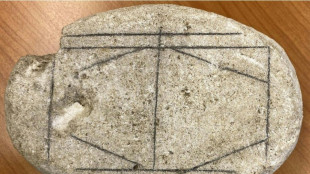
-
 Motie spins West Indies to victory over England at World Cup
Motie spins West Indies to victory over England at World Cup
-
NBA bans 4 from Pistons-Hornets brawl, Stewart for 7 games
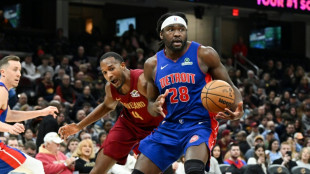
-
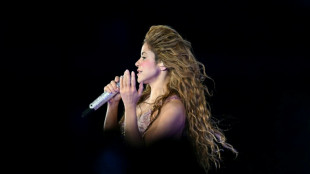 Shakira to rock Rio's Copacabana beach with free concert
Shakira to rock Rio's Copacabana beach with free concert
-
Cyclone batters Madagascar's second city, killing 31
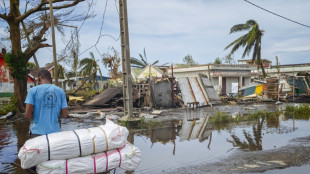
-
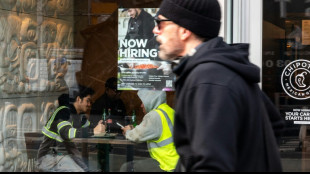 Stocks spin wheels despite upbeat US jobs data
Stocks spin wheels despite upbeat US jobs data
-
Arsenal boss Arteta lauds 'extraordinary' Frank after Spurs axe
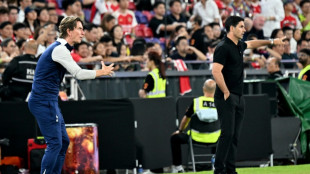
-
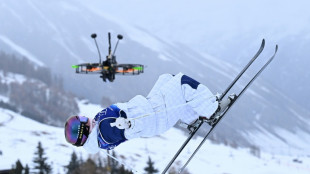 New drones provide first-person thrill to Olympic coverage
New drones provide first-person thrill to Olympic coverage
-
Instagram CEO to testify at social media addiction trial
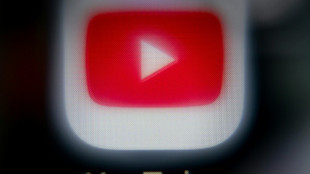
-
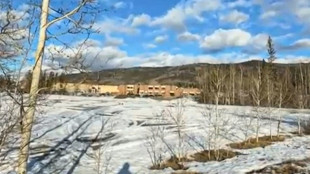 Deadly mass shooting in Canada: What we know
Deadly mass shooting in Canada: What we know
-
NATO launches 'Arctic Sentry' mission after Greenland crisis
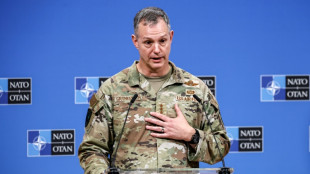
-
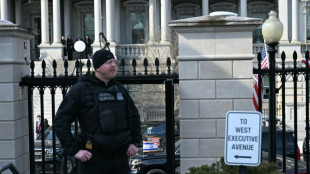 Israel's Netanyahu at White House to push Trump on Iran
Israel's Netanyahu at White House to push Trump on Iran
-
Canada stunned by deadliest school shooting in decades
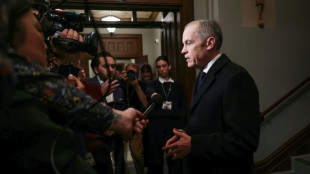
-
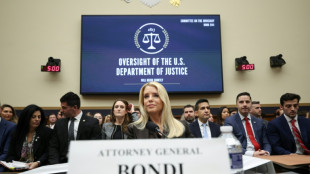 US lawmakers grill attorney general over Epstein file release
US lawmakers grill attorney general over Epstein file release
-
Cyclone kills 20 in Madagascar as 2nd-largest city '75% destroyed'
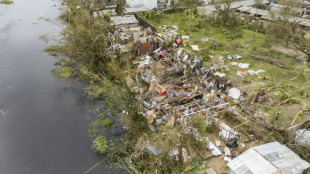
-
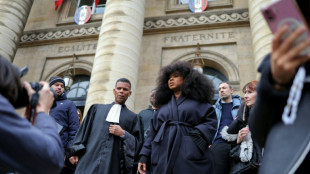 French court rejects bid to reopen probe into black man's death in custody
French court rejects bid to reopen probe into black man's death in custody
-
xAI sees key staff exits, Musk promises moon factories
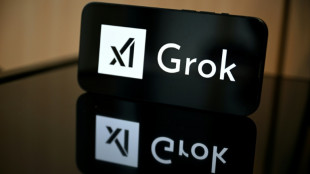
-
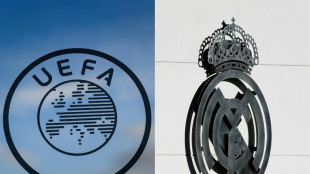 Real Madrid, UEFA reach 'agreement' over Super League dispute
Real Madrid, UEFA reach 'agreement' over Super League dispute
-
Johannesburg residents 'desperate' as taps run dry
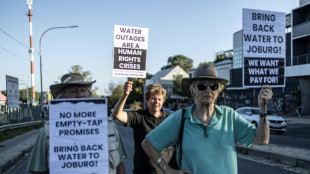
-
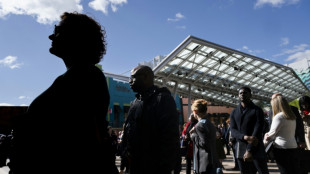 US hiring soars past expectations as unemployment edges down
US hiring soars past expectations as unemployment edges down
-
Stock markets rise as US jobs data beats expectations
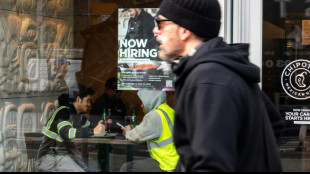
-
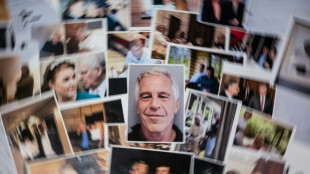 Daniel Siad, the modelling scout with close ties to Epstein
Daniel Siad, the modelling scout with close ties to Epstein
-
France lawmakers urge changes to counter dwindling births
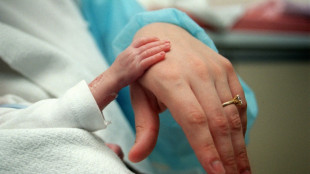
-
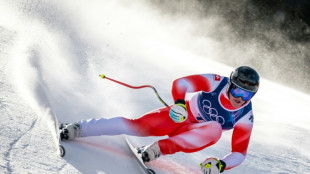 Von Allmen focuses on 'here and now' after making Olympic ski history
Von Allmen focuses on 'here and now' after making Olympic ski history
-
Actor behind Albania's AI 'minister' wants her face back
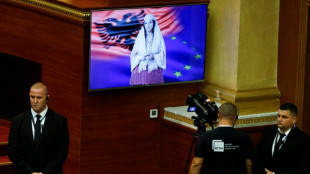
-
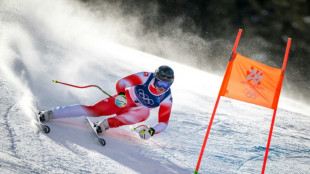 Von Allmen joins Olympic skiing greats, Kim seeks snowboard history
Von Allmen joins Olympic skiing greats, Kim seeks snowboard history
-
Eat less meat, France urges, for sake of health, climate
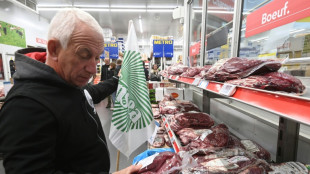
-
 Australia cruise past Ireland at World Cup after skipper Marsh ruled out
Australia cruise past Ireland at World Cup after skipper Marsh ruled out
-
IOC to try to convince Ukrainian not to wear banned helmet
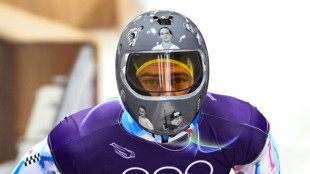
-
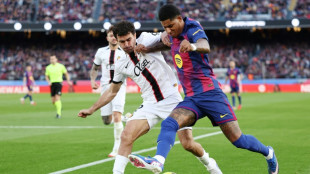 Barca missing Rashford, Raphinha for Atletico cup clash
Barca missing Rashford, Raphinha for Atletico cup clash
-
Tractors hit Madrid to protest EU's trade deal with South America
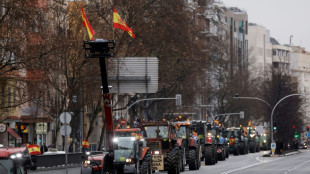
-
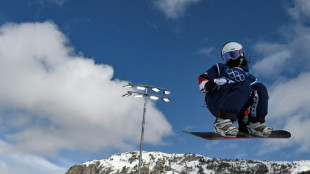 US snowboard star Kim stays on track for historic Olympic hat-trick
US snowboard star Kim stays on track for historic Olympic hat-trick
-
The obstacles to holding war-time elections in Ukraine
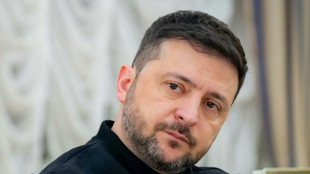
-
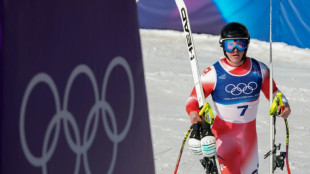 History-maker Von Allmen wins third Olympic gold
History-maker Von Allmen wins third Olympic gold
-
Depleted Australia reach 182-6 as skipper Marsh ruled out of Ireland clash
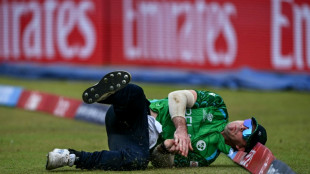
-
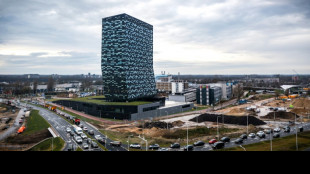 Dutch court orders investigation into China-owned Nexperia
Dutch court orders investigation into China-owned Nexperia
-
US snowboard star Kim stays on track for Olympic hat-trick
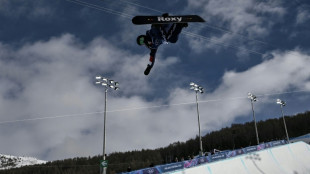
-
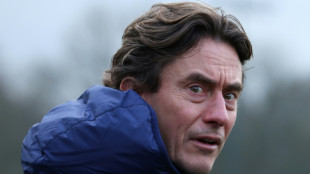 Spurs sack Frank after miserable eight-month reign
Spurs sack Frank after miserable eight-month reign
-
Hong Kong journalists face 'precarious' future after Jimmy Lai jailed
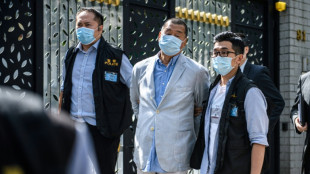
-
 French AI firm Mistral to build data centres in Sweden
French AI firm Mistral to build data centres in Sweden
-
Frank sacked by Spurs after Newcastle defeat
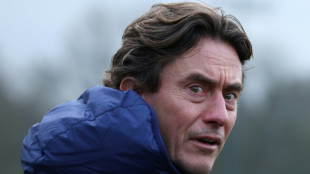
-
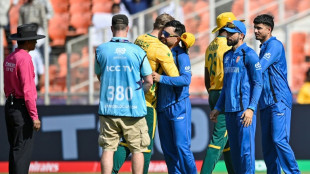 South Africa pip Afghanistan in double super over T20 thriller
South Africa pip Afghanistan in double super over T20 thriller
-
Three Ukrainian toddlers, father, killed in Russian drone attack
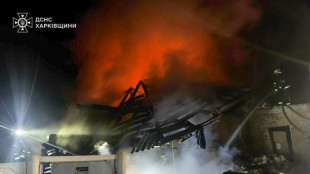
-
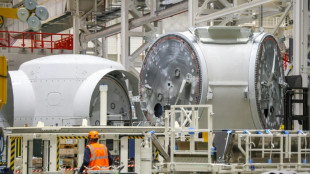 Siemens Energy trebles profit as AI boosts power demand
Siemens Energy trebles profit as AI boosts power demand
-
WTO must reform, 'status quo is not an option': chief
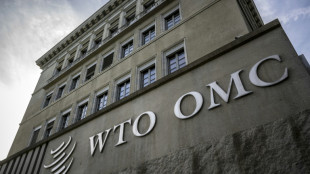
-
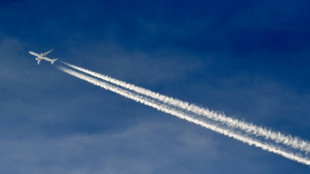 European airlines warn of 'severe disruption' from new border checks
European airlines warn of 'severe disruption' from new border checks
-
French rape survivor Gisele Pelicot to reveal pain and courage in memoirs
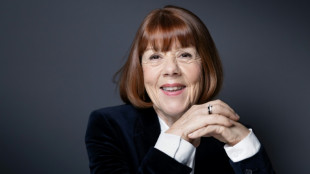
-
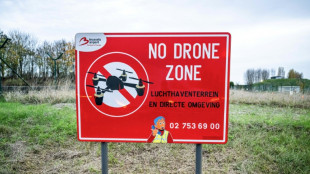 EU eyes tighter registration, no-fly zones to tackle drone threats
EU eyes tighter registration, no-fly zones to tackle drone threats
-
Shooter kills 9 at Canadian school, residence
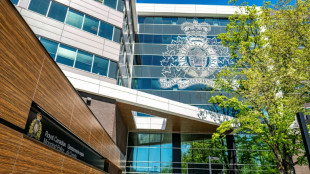

Japan's A-bomb survivors: from discrimination to a Nobel
Survivors of the US atomic bombings of Japan will receive the Nobel Peace Prize on Tuesday but, after years of anti-nuclear campaigning and showing the world their scars, they still retain the painful memories of the discrimination they have faced.
After the 1945 US bombings of Hiroshima and Nagasaki led to Japan's surrender and the end of World War II, many people who survived the attacks were shunned by society.
Prejudice related to their exposure to radiation made it hard for them to find jobs and affected their prospects for marriage, leading one small group in Tokyo to build a communal grave where dozens were buried together.
There are currently around 106,800 A-bomb survivors, known as "hibakusha", in Japan, according to the government. Their average age is 85.
One of them is 90-year-old Reiko Yamada, who was 11 and lived in Hiroshima when the United States dropped the first atomic bomb on August 6, 1945, killing around 140,000 people.
That attack, and another three days later on Nagasaki where 74,000 people were killed, inflicted severe injuries and radiation-related illnesses on those who survived.
"People faced extreme discrimination" over their scars and exposure to radiation, Yamada told AFP.
"In the past, people told hibakusha, 'Don't get married' or 'Don't come close. You are infectious'," she said.
"Some people lost their whole family in Hiroshima or Nagasaki, and even though they stayed with relatives, they were stripped of what they used to own and were bullied."
Yamada, who lives in Tokyo, has assisted fellow hibakusha for nearly six decades, travelling worldwide to share her experiences.
"When I visited the homes of hibakusha, some of them would whisper to me: 'You are a hibakusha, right? I don't say anything about it to my children,'" she said.
- Shared grave -
The Peace Prize was won by Nihon Hidankyo, a large grassroots group of A-bomb survivors who campaign for their members' rights and a world free of nuclear weapons.
But the prize came too late for many early campaigners who had spoken out about their trauma and physical wounds, hoping to prevent others from suffering as they had.
Terumi Tanaka, Nihon Hidankyo's 92-year-old co-chair, told reporters recently that it was "sad and frustrating" that "so many people who stood next to me, people who led the movement" were not there to share the honour of the Nobel.
After World War II, young people including hibakusha were drawn to big cities such as Tokyo for work and education.
Many survivors chose to live in relative isolation, finding that Tokyo's dense population allowed them to "hide", said Michiko Murata, 73, who helps run Toyukai, an association of hibakusha in the capital.
"Many people struggled a lot," Murata said, often deciding not to have children because of worries over the effects of radiation.
Some members of Toyukai built a shared grave in western Tokyo in 2005 and Murata helps maintain it.
But as they get older, holding an annual mourning ceremony there has become too difficult and will end next year.
The remains of around 60 people are buried under the large, rocky gravestone.
"We inscribe here with our lives: Never tolerate nuclear bombs," a stone plaque next to the tomb says.
Many remembered there were hibakusha without relatives to give them a proper funeral.
"They lived alone. So after they died, they wanted to be with others, in a place where they can talk about Hiroshima and Nagasaki without fears of discrimination," Murata said.
- Blinding light -
Although Yamada did not experience direct discrimination, her family always kept quiet about what they lived through.
"My family never talked about it, even among ourselves," she said.
On the bright August morning when the bomb was dropped on Hiroshima, she was sitting under the shade of a tree in her school's playground when she saw a gleaming B-29 bomber high in the clear sky.
Then blinding white light flashed. Hot sandy gusts blew her onto the ground.
Clouds gathered. The sky darkened. Black rain containing radioactive material began to shower over her and she suddenly felt cold.
"I didn't know what was happening," said Yamada, whose school was located far enough from ground zero to avoid total destruction.
Thousands of bloody and charred survivors soon filled the area, many of them evacuees from the city centre who died on the streets and lay there until the bodies were cleared.
Yamada later learned that around 2,300 bodies were burned on her school's grounds.
"There was no record of their names. They became 'missing individuals'," she said.
Now, as wars rage worldwide, Yamada said the Nobel has validated the survivors' work.
"I hope to pass on our dream to those who can inherit this, and continue," she said.
D.Sawyer--AMWN



